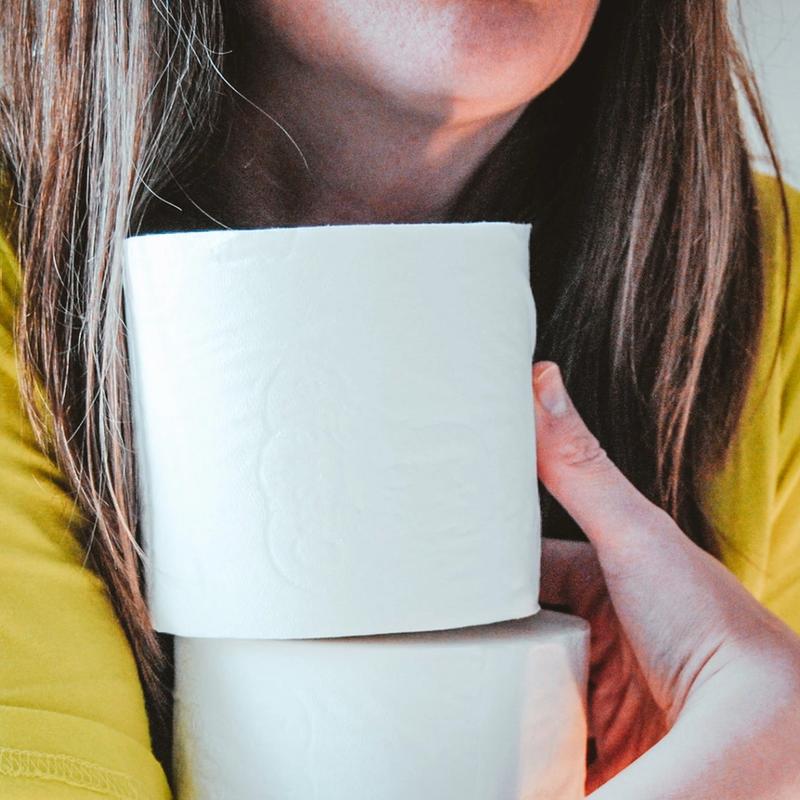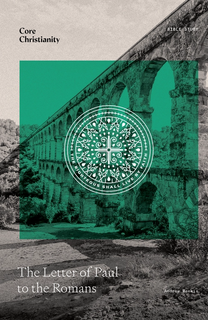As COVID-19 sweeps the globe, we are witnessing shopping habits that are at best amusing and at worst alarming. From hoarding toilet paper to yelling at and fighting with other shoppers, one thing is clear: many people are afraid. Panic-buying, or stockpiling food and supplies, are behaviors that flow out of a desire to create security and stability when the future is uncertain. These days it certainly feels like the future is more volatile than usual, but the reality is that our future has never been certain or guaranteed. How are Christians to live and to shop during a global pandemic? Jesus told a poignant story which helps us to answer this question.
The Parable of the Rich Fool
In Luke 12:13-21 we find the so-called “Parable of the Rich Fool.” It is a deeply ironic story which begins with a man doing something we might find prudent and wise. This man was rich and his land produced an abundant harvest. Seeing the great excess, he decided to tear down his barns to build larger ones that could store all the food. Once he had done this, the rich man felt that he would be able to say to himself, “You have ample goods laid up for many years; relax, eat, drink, be merry” (Luke 12:19). Jesus actually said that the man makes this statement to his “soul.” This is the great irony of the story. The rich man tells his soul, the core of his being, that his future is stable and it will be full of ease and luxury. It seems that he has made a wise choice to store up food because it will ensure him a safe and happy existence. But that is not the case. God says to the rich man, “Fool! This night your soul is required of you, and the things you have prepared, whose will they be?” (Luke 12:20). After this revelation, Jesus gives the punchline to the whole story: “So is the one who lays up treasures for himself and is not rich toward God” (Luke 12:21). The rich “fool” illustrates this punchline for us. His focus was entirely on himself, his security, and his pleasure. He did not view his riches as a gift from God to be used in the service of God. Rather, he saw his riches as the means to his own earthly security and happiness. That is why he was a fool.
It is important to note that planning ahead and exercising prudence is not foolish. The ultimate reason the rich man was a fool is not that he was rich or that he had an excess of crops. The reason he was a fool is that he thought he could plan and control his future without considering what God might have planned. He was a fool because he never considered how God might want him to use his riches. The rich man thought that he could relax. He thought that he could finally be free of anxiety and worry because he had stockpiled everything he needed for a luxurious life. He was wrong. He forgot that death comes for us all.
This story teaches us that wisdom requires a balance between planning for an unknown future and trusting in God’s plan. As Proverbs 16:9 says, “The heart of man plans his way, but the Lord establishes his steps.” This must be applied not only to our buying habits as COVID-19 continues to radically transform and threaten our lives, but always.
Fear & Love
The admittedly tongue-in-cheek title question about stockpiling toilet paper cannot be answered with a simple yes or no. A real and meaningful answer has to address motives. Think about the rich fool. His problem was his reason for stockpiling, not the fact that he had an abundance. He kept his riches for himself rather than using them to serve God and bless others for at least two reasons: fear and a desire for security and ease. He told his very soul that with all this wealth he could finally relax. He didn’t have to worry about or work for a stable future anymore. To give away his wealth would have kept him from this. Secondly, to give away his wealth would mean that he could not sit back and eat, drink and be merry. He loved his own pleasure and leisure more than his neighbor. He was not rich towards God.
When it comes to shopping and stockpiling goods we must ask ourselves why we are buying the things we are in the quantities we are. Are we stockpiling because we are driven by fear? Or are we wisely and prudently determining what we need and taking no more? Do we consider our neighbor and seek to love them? If there are two bags of flour left on the shelf do we buy both just in case we can’t get more in the future, or do we leave the bag for someone else who may need it?
Being Rich Towards God
Jesus wants us to walk away from hearing this story asking ourselves, “Are we rich towards God?” Richness towards God can only occur and grow in our lives as we are overwhelmed and overjoyed by the undeserved riches of his grace, which he has given to us through Christ. The more we meditate on God’s love for us, we will increasingly desire to be rich towards God. If God the Father did not withhold the life of his beloved Son for our salvation, how can we not give our lives to him? From the most important to the most mundane details of life, Christians should be consumed and driven by the unconditional love of God. God’s love should shape and form our desires and actions. To be rich towards God with our resources means we never put our trust in them nor do we hold onto things too tightly. It means we look for ways to use our riches to share God’s love with others. The Bible will not tell you how much toilet paper, hand sanitizer, or flour you should buy. However, Jesus does teach us why we should buy and how we should use the resources God blesses us with.






